GĐXH - People with vestibular disorders need to be diagnosed and treated early to help reduce symptoms. Absolutely do not use any medication without a doctor's prescription.
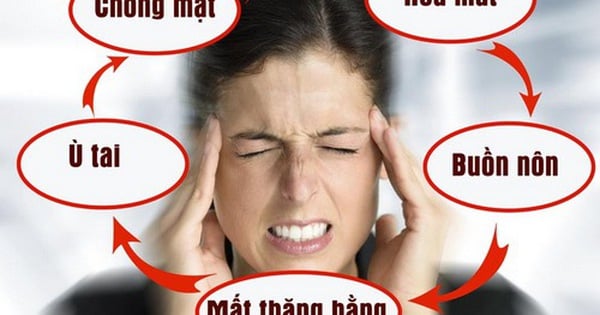 Vestibular disorders in young people what to do?
Vestibular disorders in young people what to do?Although vestibular syndrome does not directly endanger the patient's life, it often recurs, causing discomfort and affecting work and life...
The vestibule is the area behind the cochlea (both sides), a system that plays an important role in maintaining posture, gait, and coordinating eye, head, and body movements. There are two types of vestibular disorders: peripheral vestibular disorders caused by damage to the inner ear or vestibular nerve and central vestibular disorders caused by damage to the vestibular nuclei or their connections in the brainstem and cerebellum.
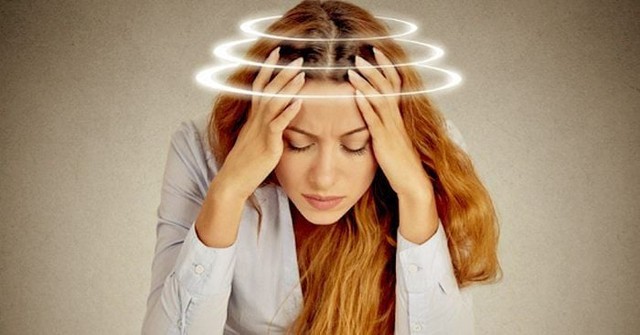
Illustration
Signs of vestibular disorders
According to doctors at the Stroke Center of Phu Tho General Hospital, preeclampsia often has the following symptoms:
- Dizziness : The patient feels like spinning (vertigo) or losing balance. This symptom can appear suddenly and last from a few seconds to a few hours.
- Nausea and vomiting : Many people experience nausea when they are dizzy, which can lead to vomiting, especially when moving.
- Loss of balance : The patient often has difficulty standing or walking or feels as if the floor is shaking or swaying.
- Tinnitus: Hearing a buzzing or buzzing sound in the ears, often occurring at the same time as dizziness.
- Blurred vision : Vision may be affected, making it difficult for the person to see clearly, especially when moving.
- Fatigue and poor concentration : Feeling tired and having difficulty concentrating on work or daily activities.
Potential risks caused by vestibular disease
- Causes injury: With symptoms of loss of balance, the risk of falling and injury increases, especially in the elderly.
- Psychological impact : Having to live with symptoms such as dizziness and nausea on a regular basis can lead to anxiety, depression, or feelings of loneliness.
- Having other medical conditions : People with vestibular syndrome may have a higher risk of having underlying medical conditions such as diabetes, cardiovascular disease, and neurological disorders.
- Limitation of daily activities : Symptoms can limit the patient's participation in social activities, work and even driving.
What to do when there are signs of vestibular disorders?
Vestibular syndrome can have a serious impact on daily life. If you or a loved one is experiencing these symptoms, it is important to seek professional medical advice. Early diagnosis and treatment can help reduce symptoms and improve quality of life.
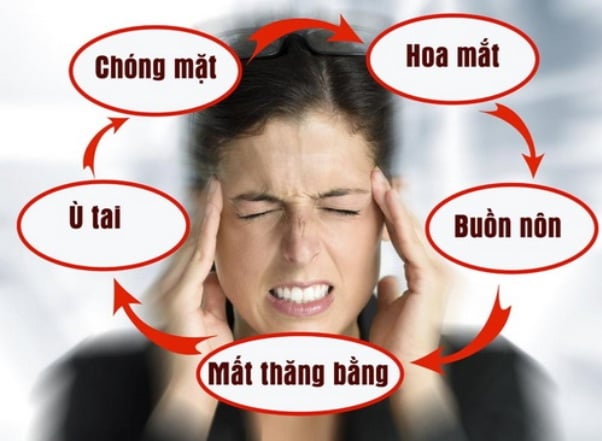
Illustration
When vestibular symptoms appear, take the following steps:
- Sit or lie down: Find a safe place to avoid falling.
- Deep breathing: Helps reduce anxiety.
- Avoid sudden movements: Move slowly.
- Drink water: Make sure your body is hydrated.
- Find a quiet place: Avoid bright light and noise.
- Record symptoms: Track frequency and severity to notify your doctor.
- Seek help: Call a loved one if you need assistance.
- See your doctor: If symptoms persist or are severe.
Note: Never use any medication without a doctor's prescription.
Source: https://giadinh.suckhoedoisong.vn/nguoi-mac-benh-tien-dinh-can-lam-gi-de-nhanh-khoi-khong-bi-tai-phat-172250109223417601.htm



![[Photo] More than 17,000 candidates participate in the 2025 SPT Competency Assessment Test of Hanoi National University of Education](https://vphoto.vietnam.vn/thumb/1200x675/vietnam/resource/IMAGE/2025/5/17/e538d9a1636c407cbb211b314e6303fd)
![[Photo] General Secretary To Lam visits exhibition of achievements in private economic development](https://vphoto.vietnam.vn/thumb/1200x675/vietnam/resource/IMAGE/2025/5/18/1809dc545f214a86911fe2d2d0fde2e8)
![[Photo] National conference to disseminate and implement Resolution No. 66-NQ/TW and Resolution No. 68-NQ/TW of the Politburo](https://vphoto.vietnam.vn/thumb/1200x675/vietnam/resource/IMAGE/2025/5/18/adf666b9303a4213998b395b05234b6a)





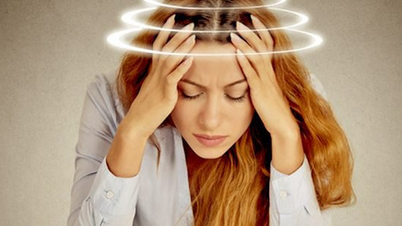


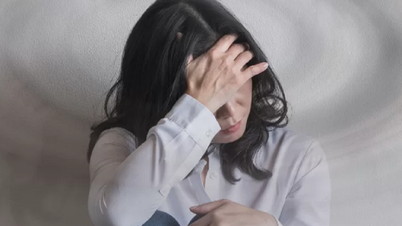





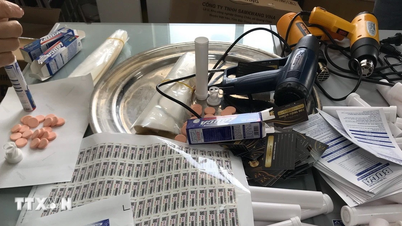

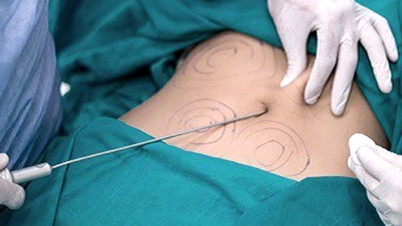













![[Photo] Prime Minister Pham Minh Chinh chairs meeting on science and technology development](https://vphoto.vietnam.vn/thumb/1200x675/vietnam/resource/IMAGE/2025/5/17/ae80dd74c384439789b12013c738a045)































































Comment (0)